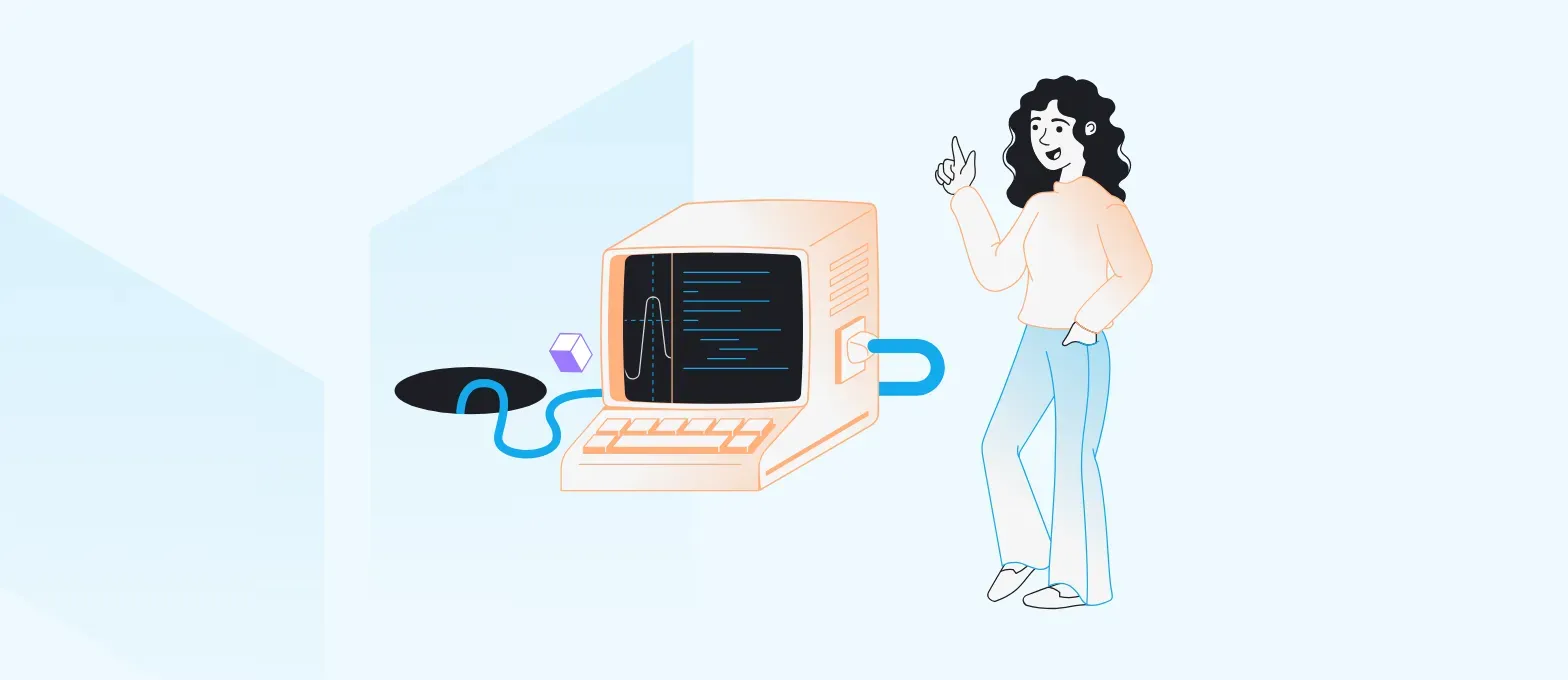3 Ways AI Can Rev Up Healthcare

The healthcare industry is facing some tough challenges, especially when it comes to staffing, billing, and getting patients on board with preventative care. Shortages of healthcare professionals increase the likelihood of errors in treatment. Confusing billing processes frustrate patients and delay payment. And incentivizing patients to take preventative care seriously is near impossible once they leave the exam room. Automation and artificial intelligence can help address these problems and create a better experience for providers, patients, and insurance companies.
It’s estimated that AI products and services will soon account for $31.02 billion in the global healthcare market. Artificial intelligence can do one of two things: fully automate tasks or provide assistance for tasks. Many AI tools that get news coverage are flashy or aspirational—not necessarily within reach for most healthcare organizations. But there are down-to-earth ways healthcare can be improved with AI right now. Let’s take a look at three ways AI in healthcare can level up the industry.
3 Healthcare Challenges & their AI Solutions
1. Delegate repetitive admin tasks to AI, so staff can focus on what matters most—patient care.
The Problem: Staff shortages can result in inadequate patient care, longer wait times, and reduced access to services. The shortage also strains existing staff, leading to increased workloads, burnout, and decreased job satisfaction, which can further exacerbate the problem. How can we help lighten the workload?
The AI Solution: Administrative work like note-taking or reviewing records takes up 34–55% of medical providers’ time. But thanks to Natural Language Processing, tools like Datasaur can organize patient records and sort data in order of priority. This would allow physicians to spend more time with patients and provide a better experience. Using AI to support and automate tasks would make staff workloads more sustainable.
2. AI can simplify the healthcare billing process. No more insurance-induced headaches.
The Problem: Healthcare billing can be a doozy. Different insurance policies, intricate billing codes, and medical jargon can make it difficult for patients to navigate the claims process. And it’s tricky for healthcare providers, too. Insurance companies flag 80% of claims as incorrect, and it takes time to identify these errors and fix them. This slows down the payment process and creates frustration for everyone.
The AI Solution: AI algorithms can analyze medical records and assign appropriate billing codes, reducing the need for manual coding. This speeds up the billing process and could minimize errors. Plus, automated systems can help process claims, enabling staff to quickly extract relevant information, verify eligibility, and check for errors. As early as 2019, company AppZen reported using AI to more quickly audit employee’s expense reports. Likewise, using AI for medical billing would lighten employee's workloads and expedite the reimbursement process.
3. Preventative care is hard to prioritize. AI tools for patients' health can keep them on track.
The Problem: When it comes to taking care of your health, it can be easy for small things like prescription refills and check-ups to fall through the cracks. Early markers of illness or disease can also be hard for an untrained person to spot.
The AI Solution: AI can help people monitor their health, as a form of preventative care. Smart wearables like the Fitbit have become a great way for individuals to track their health, but they could become even more powerful with AI integration. Patients could receive personalized suggestions for improvement, timed reminders to pick up prescriptions, and automatically scheduled check-ups, all executed by AI. Devices like the Whoop 4.0 use AI to detect irregular health data and alert the user, which could prompt them to book a doctor’s visit. AI-driven devices and apps can improve patient and provider outcomes.
How We Get There
AI has the potential to revolutionize healthcare in many ways, but we need the right staff to build these tools. Zebra Technologies, a leading company in enterprise software and data-driven solutions, partnered with Jobsity staff to develop mobile scheduling apps, task management interfaces, scalable hub-and-spoke platforms, and other projects.
Many HealthTech organizations are held back by hiring bottlenecks or restrictive budgets, making it difficult to build AI-savvy teams. But partnering with Jobsity allows you to innovate with new technologies while staying within budget and on schedule.
Ready to revolutionize healthcare? Connect with Jobsity to get the staff you need in 2 business days or less.
Santiago Mino, VP of Strategy at Jobsity, has been working in Business Development for several years now helping companies and institutions achieve their goals. He holds a degree in Industrial Design, with an extensive and diverse background. Now he spearheads the sales department for Jobsity in the Greater Denver Area.
